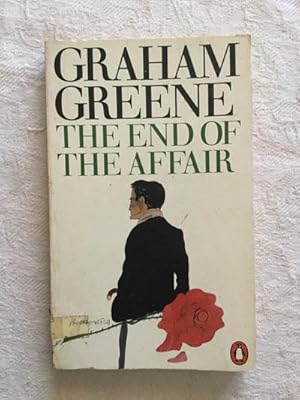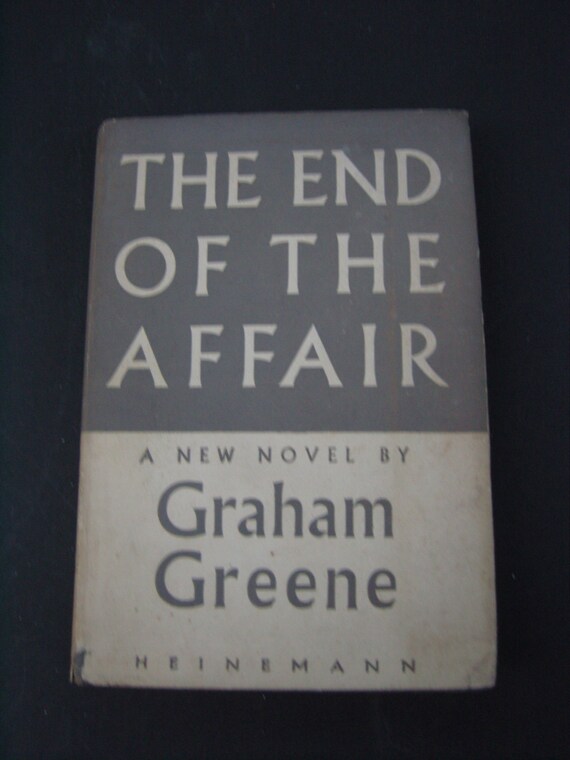

It has always seemed to me that in a novel the reader should be allowed to imagine a character in any way he chooses: I do not want to supply him with ready-made illustrations.A few months ago I realised that the King of the United Kingdom was having another affair.

"How can I make a stranger see her as she stopped in the hall at the foot of the stairs and turned to us? I have never been able to describe even my fictitious characters except by their actions. Greene's description of Bendrix seeing Sarah after two years is simply done, characteristically understated but with the emotion pushing against the plain words. But what makes this novel transcendent are the moments when the rain and misery and hate suddenly stop and you see the moments of pure love. I like the change in tone when we read Sarah's diary, and her comment that Bendrix "thinks he hates, and loves, loves all the time", and the nerve it took for Greene to take the novel into a musing on the nature of divine love, and the cheek to suggest that Sarah might be becoming a saint.

It is not a perfect book, but its flaws help it to stay with you a lifetime. This is a thoroughly English novel, a novel of the rain and loneliness, yet it is also about tumultuous and terrible love. As the narrator, Bendrix at once gathers the reader into his loneliness. "This is a record of hate far more than of love," Bendrix writes as he muses why he begins the novel as he does, on a black wet January night on the Common, in 1946. Though other great romantic books such as Gone with the Wind, Pride and Prejudice or Jane Eyre deal with the interplay between love and hate, The End of the Affair does so more openly. Passionate and cerebral, its prose meticulously mirrors the mind of its narrator. The novel enlarges the reader's understanding of love, a word which really should be divided into 20 subdivisions - most of which the novel explores. The book is more powerful than the film partly because Ralph Fiennes looks too much the part of the romantic hero, whereas the character he plays, Maurice Bendrix, is an anti-hero, calculating, jealous, malicious and savage. It is one of the most forensic and honest analyses of love you will ever read. Great romantic novels are about pain and hate, and among the greatest is Graham Greene's searing The End of the Affair.


 0 kommentar(er)
0 kommentar(er)
